Film History
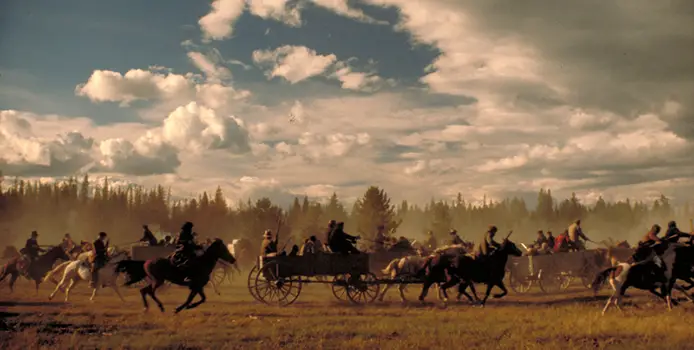
The New Hollywood – The End of an Era By the late 1970’s, the film industry had undergone a renaissance. The New Hollywood movement made it so the directors were the “auteurs” of their films, and artistic freedom reigned over modern movies. Unfortunately, all great things must come to an end, and the demise of The New Hollywood movement was on the horizon.
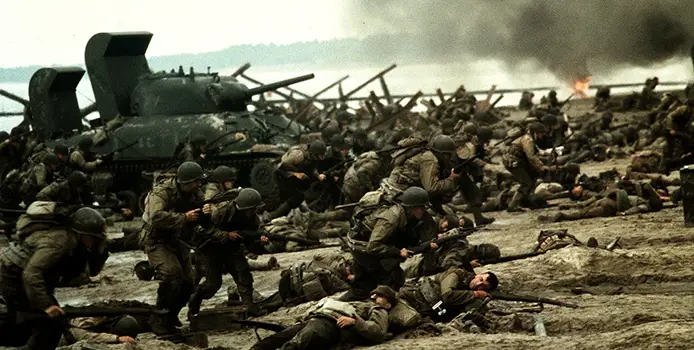
I first saw Steven Spielberg’s Saving Private Ryan in the early 2000s; it was a VHS copy playing on a big old JVC television that had a similar depth to a Toyota Aygo. I have since seen Saving Private Ryan a large number of times, but my reaction to its first 25 minutes remains unchanged, a reaction of shock, recoil and deep admiration for the people who executed this excellent, transformative piece of filmmaking. My knowledge of WW2 was minimal at this time, but I roughly knew the basics.
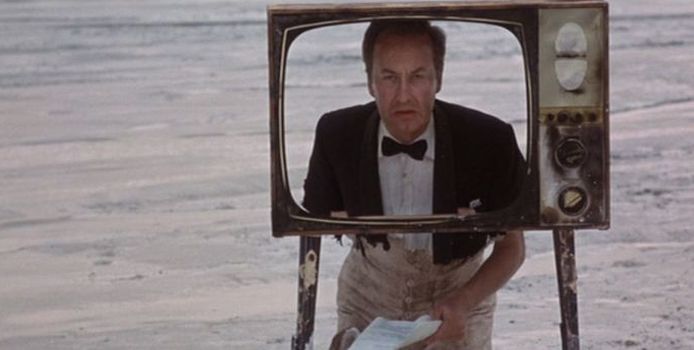
One of the more curious cultural changes in the post-war era was the cinematic climate that permeated in the United Kingdom in the years following WWII. These movies vary from paranoid thrillers, atomic-age science fiction and docudrama’s that veer on a level of horror due their level of accuracy regarding the terrifying nature of nuclear war. The feature films that came out in this period are terrifying on varying levels; one of those being the self-reflective element that is so common in movies and that reflection was cast by the looming possibility of WWIII.
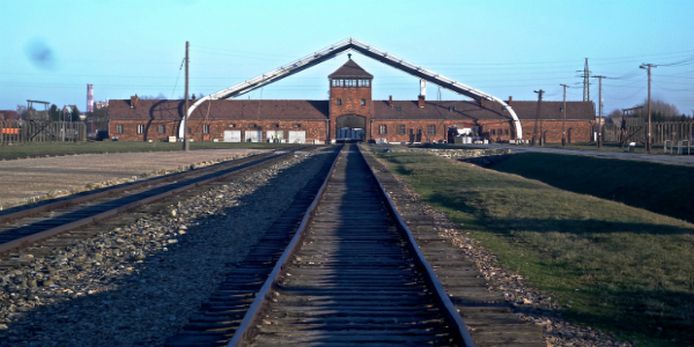
My visit to Auschwitz was more uncanny than overwhelming As a child my eyes used to always glaze over when my father watched what he gleefully called ‘boring black and white documentaries’, it was all he ever put on the television. Despite this, I still had an interest in World War 2, it was the most pivotal moment of the 20th century and so many films have been influenced by the event, however the Vietnam War films of the 70’s and 80’s garnered most of my attention in my early teens. By my late teens however, I found my once average interest burgeoning to the point where I was the one incessantly watching the boring black and white documentaries.
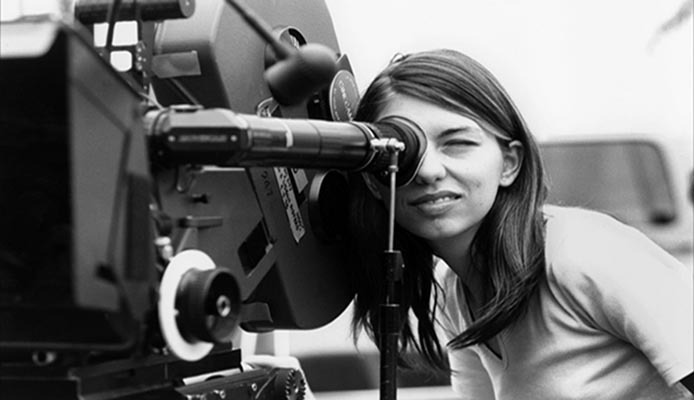
Hollywood has always been something of a boys club. If you think about the golden era of the studio system, you always hear about larger-than-life stars and the maverick, alpha-male directors that made all the classics we know and love today. Think of pictures of giants such as Howard Hawks, Samuel Fuller, John Huston, or Alfred Hitchc*ck, who are usually seen dictating their vision with booming authority.

